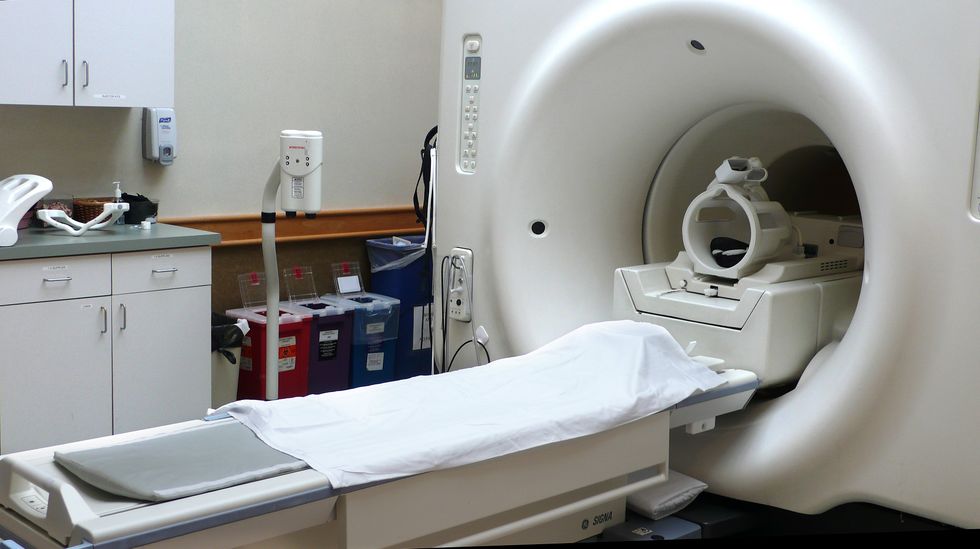
May Ashford received her treatment from the Royal Preston Hospital
PA
She was diagnosed in 2010 but only received surgery five years later
Don't Miss
Most Read
Trending on GB News
A woman has suffered an “avoidable” death after doctors failed to properly read her brain tumour scans, her husband has said.
May Ashford, from Blackpool, was diagnosed with a brain tumour in 2010 after suffering with headaches and seizures.
She took regular MRI scans which showed the tumour was continuing to grow, yet she was not offered surgery until five years later.
The pensioner tragically died from a stroke after her overdue operation, aged 71.

Despite numerous MRI scans, May was not given surgery until it was too late
Wikimedia Commons
An investigation by the Parliamentary and Health Service Ombudsman (PHSO) has found that Royal Preston Hospital waited too long before performing the surgery.
PHSO said that the medical staff failed to monitor her scan results correctly and neglected to report any significant findings.
Independent medical specialists told the Ombudsman, Rob Behrens, that May should have been given surgery three years earlier.
As time passed and the tumour continued to grow, the chances that May could die from surgery also continued to grow.
Her husband, Alan, brought the complaint to the Ombudsman.
He has lamented that the family have found no closure following his wife’s needless death.
“My wife suffered horribly from the effects of the tumour for more than four years, and it was obvious to the family and myself when reading the scan reports that the monitoring of her tumour was highly suspect,” he said.
“The tumour should have been removed before it came into contact with the carotid artery. The fact that it was not is a complete mystery to us.”

May died in 2015, with her husband describing the monitory of her tumour as "suspect"
Public Domain Picture
Behrens said that this case stresses the need for imaging improvements to be treated as an urgent issue of patient safety.
His 2021 report on NHS imaging emphasised recurring failings like those found in May’s case.
"Our casework shows that sadly, Mrs Ashford is not the only person who lost her life because of mistakes related to scans and X-rays," he said.
"Timely analysis and reporting of scans is fundamental to the diagnosis and management of many health conditions. The sooner we see changes made; the fewer people we will see harmed by these entirely avoidable failings."
PHSO, NHS England and the Royal College of Radiologists have all urged the Government to prioritise advancements to the way scans and X-rays are carried out.








